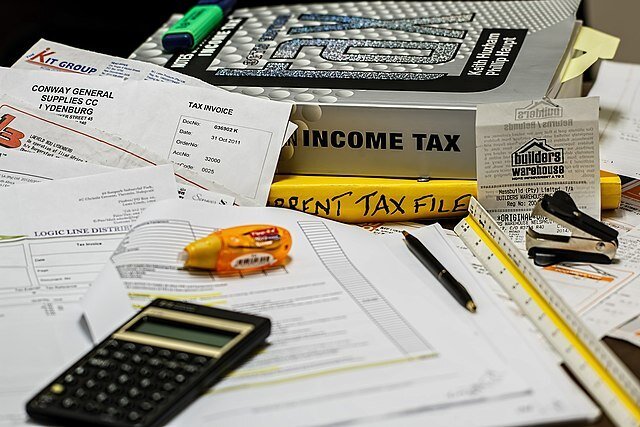Gambling is hugely enjoyed in Australia, where people lose more money on average than in any other country. However, if you gamble occasionally and win, you get to keep all your winnings without having to pay any tax.
Professional gamblers, on the other hand, are required to pay taxes on their earnings. Deciding who qualifies as a professional has proven tricky for Australian courts, but casual players can usually grow their funds without the tax office getting involved.
Criteria for Being Considered a Professional Gambler in Australia
Since being classified as a professional gambler means your winnings are taxable, it's crucial to understand the distinctions. Unfortunately, Australian courts haven't provided a clear definition, which could mean some casual gamblers inadvertently find themselves categorized as professionals based on their particular situations.
A significant consideration is whether the gambler is operating gambling as a business. This is logical since 'professional' suggests a business-like approach to gambling.
Three important aspects determine if your gambling could be seen as a business:
- First, is your gambling activity organized like a business?
- Second, do you have specialized knowledge in gambling?
- Third, what is the scale of your gambling activities?
These aspects will collectively decide if those winnings become taxable income.
When is it necessary to pay taxes on gambling winnings?
Gambling companies and operators work differently and need to account for taxes on their profits. Those licensed under the Interactive Gambling Act 2001, for instance, must pay taxes.
The courts’ guidelines mean most people don't face taxes for occasional gambling earnings. For those who place small bets on horse races or the occasional game, there's low tax risk unless certain activities are involved that could classify them as professional.
A key factor to avoid is gambling in areas where you possess insider knowledge. For instance, if you work in horse breeding or training, betting on races could be considered professional, so paying taxes might be advisable.
Another caution is against high-stakes betting. If you bet small amounts casually, you're likely safe from tax scrutiny. However, large bets, especially when backed by in-depth betting techniques or research, might attract attention and tax.


